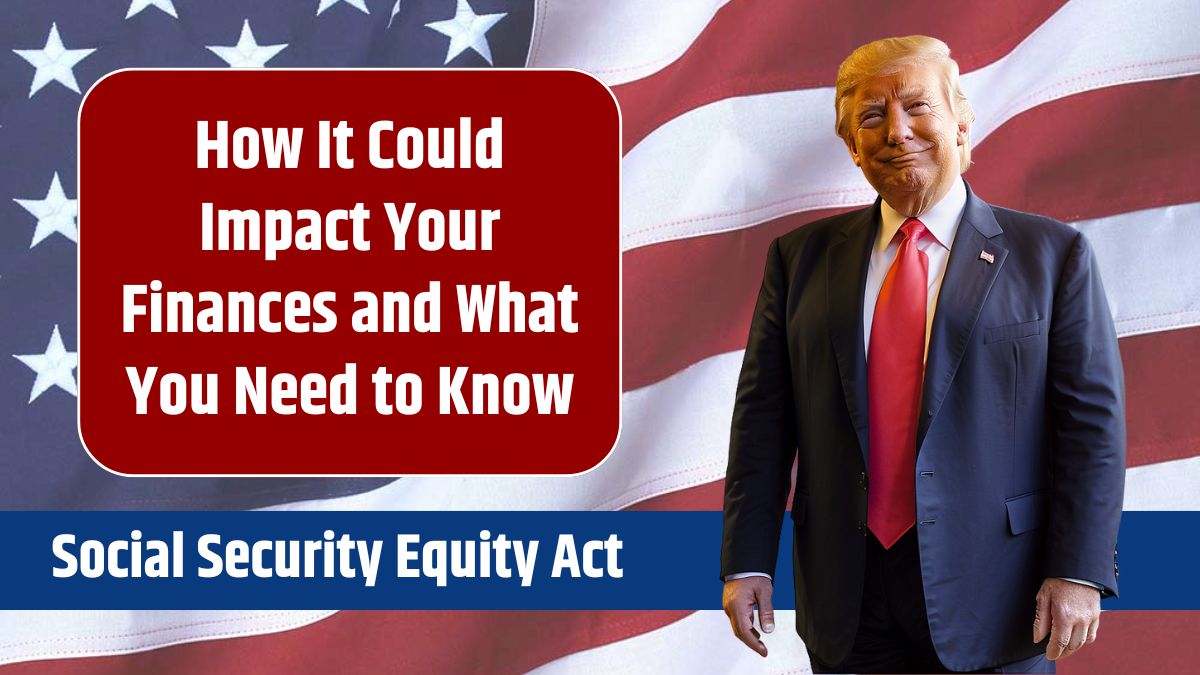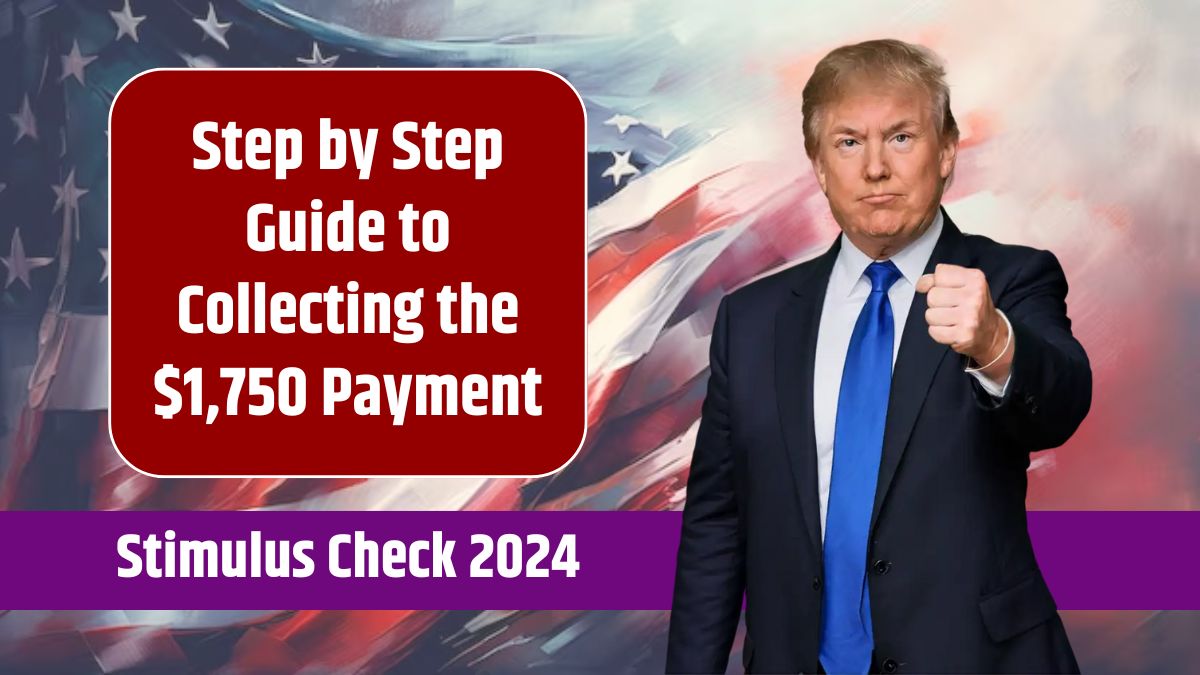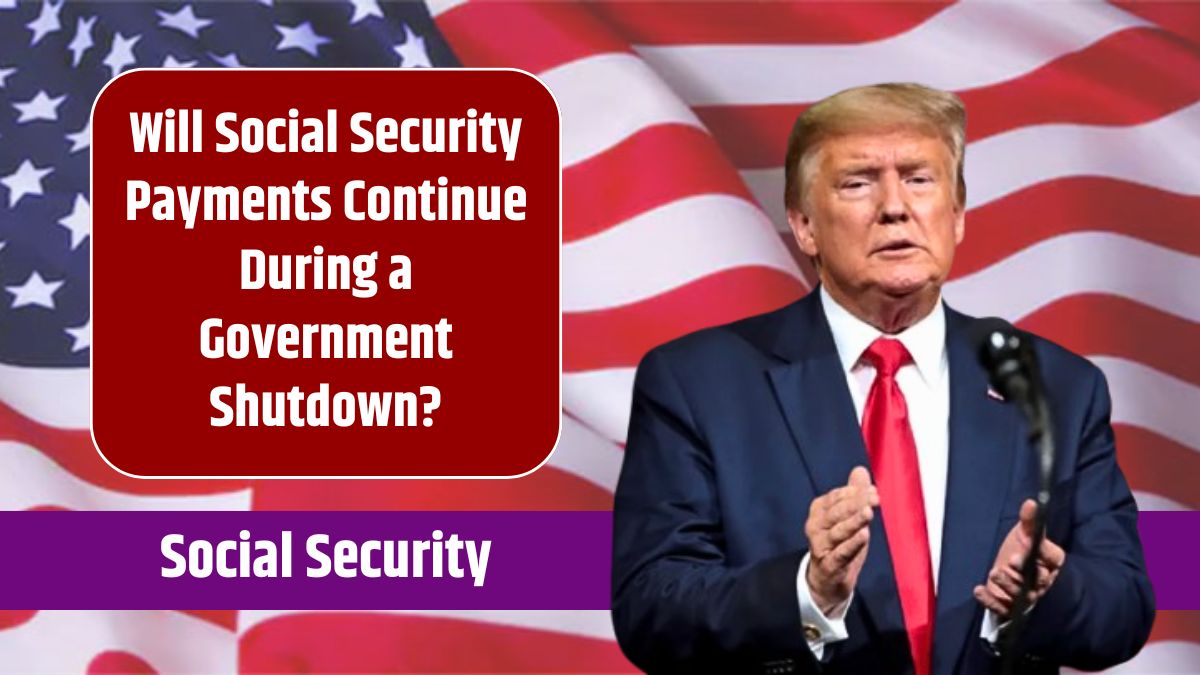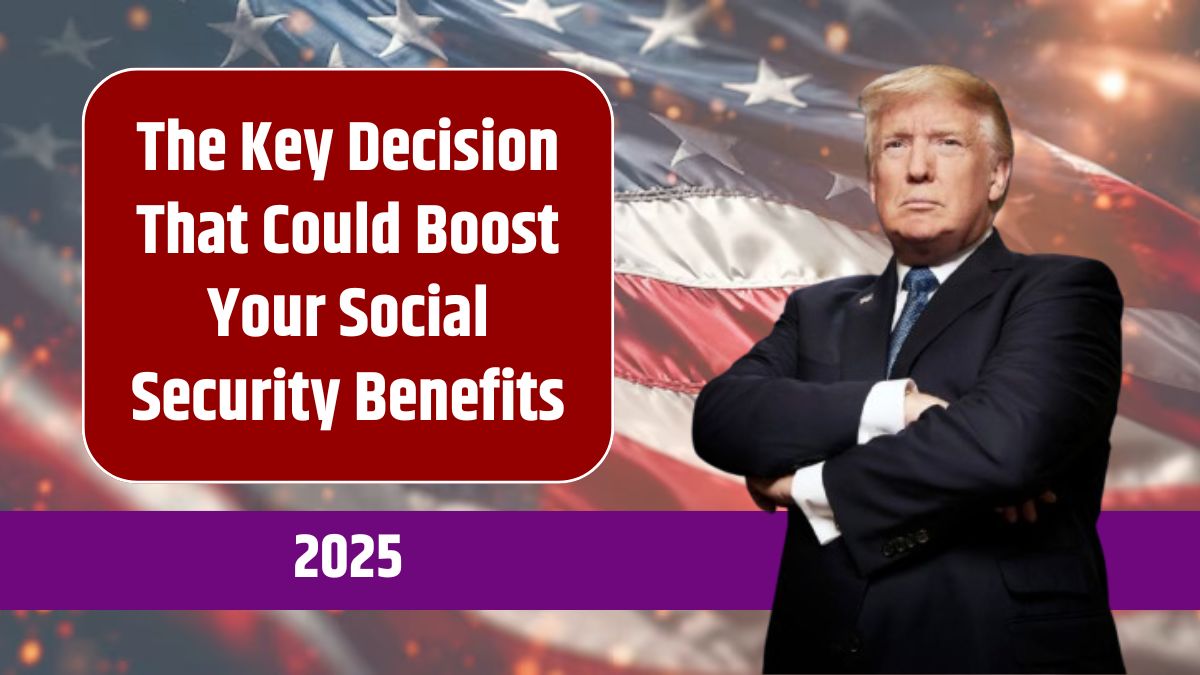The Social Security Equity Act is making headlines as it proposes significant changes that could affect over 3 million Americans. This legislation, if passed, promises to increase Social Security benefits for specific groups by eliminating outdated provisions. However, it faces a tight deadline and must be approved before the government changes next January.
Table of Contents
Social Security Equity Act
The Social Security Equity Act is a legislative proposal aimed at addressing income limitations that impact certain Social Security beneficiaries. Specifically, it targets provisions that reduce benefits for individuals receiving other government pensions.
The law focuses on eliminating two controversial policies:
- Windfall Elimination Provision (WEP): Reduces Social Security benefits for individuals who also receive pensions from jobs not covered by Social Security.
- Government Pension Offset (GPO): Reduces benefits for spouses or widows/widowers if they receive a government pension based on their own work.
These provisions have long been criticized for unfairly penalizing retirees who worked in public service roles, such as teachers, firefighters, and postal workers.
Who Will Be Affected?
This legislative change will mainly impact two key groups:
- Public sector workers: Individuals with pensions from jobs not covered by Social Security.
- Government pension recipients: People receiving a government pension based on their own employment.
These include professionals like:
- Teachers
- Firefighters
- Postal workers
- Police officers
By eliminating WEP and GPO, these individuals will no longer face deductions in their Social Security payments, leading to a fairer benefit system.
Financial Impact
For those affected, the passage of the Social Security Equity Act could mean a significant boost in monthly income. Here’s how:
- Individuals previously penalized under WEP or GPO could recover hundreds of dollars per month.
- Increased income will enable beneficiaries to:
- Address basic expenses (housing, healthcare, utilities).
- Save for future needs.
- Invest in personal or family goals.
For thousands of families, this change offers long-overdue economic stability and relief.
Example Scenario:
If a retired teacher’s Social Security benefits were previously reduced by $300 per month due to WEP, the elimination of this provision would restore that amount, increasing their annual income by $3,600.
Challenges and Opposition
While the Social Security Equity Act brings hope to millions, it also faces opposition in the Senate. Critics argue that removing WEP and GPO would place a significant financial strain on the Social Security system, which is already under pressure.
Some lawmakers worry about the long-term sustainability of Social Security, raising concerns about funding and potential future deficits. Therefore, the legislation’s fate remains uncertain, and its approval will depend on the upcoming vote before the end of this year’s session.
Why It Matters
For public sector retirees and government pension holders, this legislation represents more than just financial relief—it’s about fairness and correcting outdated policies. Eliminating WEP and GPO will ensure that individuals receive benefits they’ve earned through years of dedicated service.
With time running out, the Social Security Equity Act’s approval is a critical moment for millions of Americans seeking economic stability. If passed, it will pave the way for fairer, more equitable Social Security benefits.
FAQs
What is the Social Security Equity Act?
It’s a law aimed at eliminating WEP and GPO provisions to increase benefits.
Who will benefit from this reform?
Public workers like teachers, firefighters, and government pension holders.
What are WEP and GPO?
WEP and GPO are policies that reduce Social Security benefits for some retirees.
How much could benefits increase?
Affected individuals could recover hundreds of dollars per month.
When will the Senate vote on this law?
The vote must happen before the end of this year’s outgoing session.






